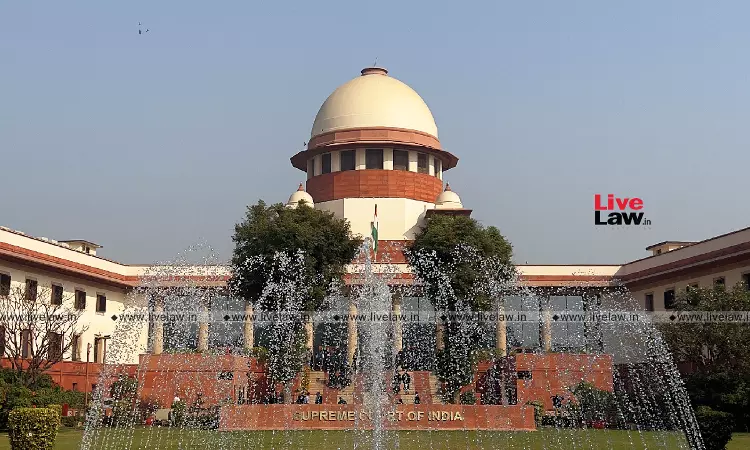Can CBI Probe Into Fraud In Company When SFIO Investigation Is Pending? Supreme Court Reserves Judgement
Anmol Kaur Bawa
8 Jan 2025 9:06 PM IST

Next Story
8 Jan 2025 9:06 PM IST
The Supreme Court today (January 8) reserved its judgment on the issue of whether the Central Bureau of Investigation (CBI) can conduct investigation with respect to fraud in a company when the Serious Fraud Investigating Officer (SFIO) is already investigating the matter.The bench of CJI Sanjiv Khanna and Justices Sanjay Kumar and KV Viswanathan was hearing the challenge by CBI against the...
